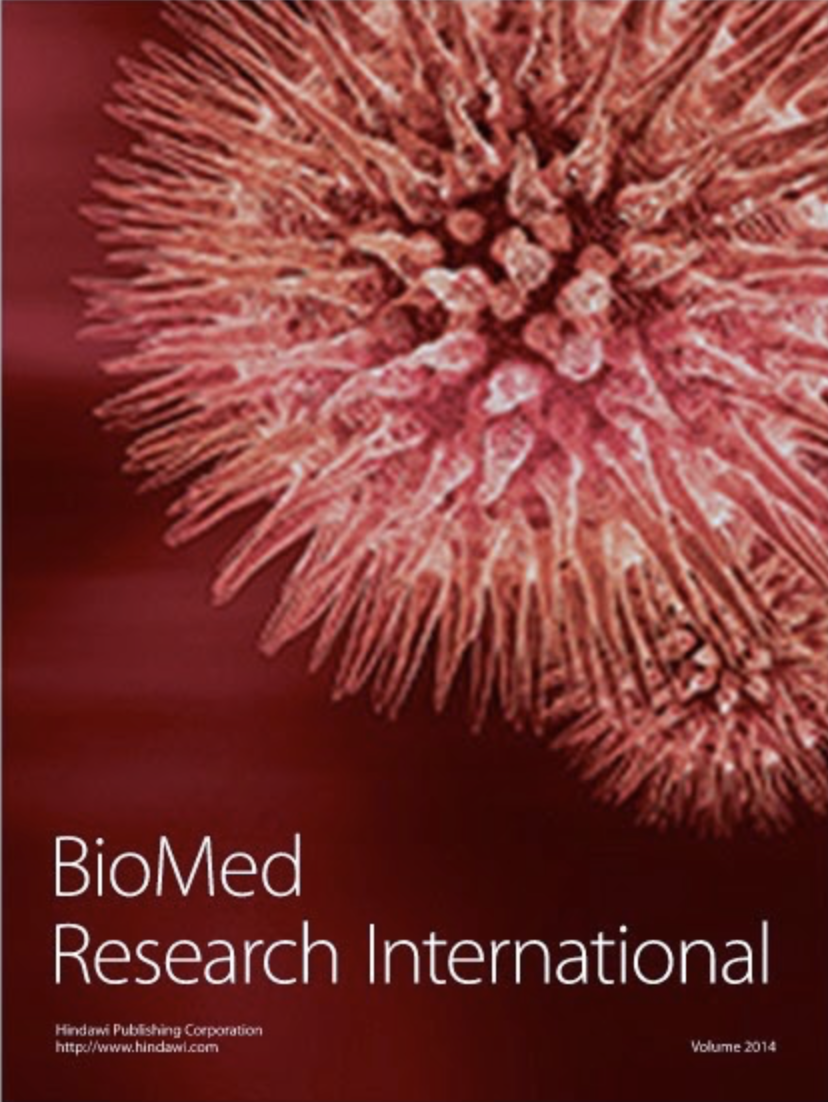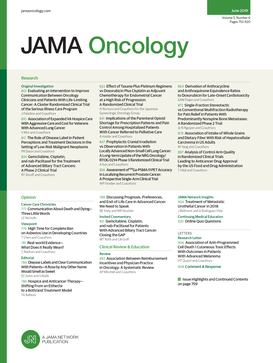Drug Interaction
How to submit an article:
- Registered users can submit any published journal article that has a unique DOI (Digital Object Identifier) name or link to Research Hub.
- For example, you can paste the full DOI link:
https://doi.org/10.1109/5.771073or just the DOI name:10.1109/5.771073into the field above and click submit. - The person who is first to submit a valid article to Research Hub will forever be credited for it, and every article submission earns you +6 Research Points.
Related Topics
Published research studies are articles that present the findings of original research that has undergone a peer-review process and has been made publicly available in scholarly journals, books or other media.

The genus Asarum: A review on phytochemistry, ethnopharmacology, toxicology and pharmacokinetics
2022 Jan Journal of Ethnopharmacology Liu H, Wang C
Based on this review, therapeutic potential of genus Asarum has been demonstrated with the pharmacological effects on inflammation, CNS, respiratory regulation, cardiovascular diseases, cancer and microbial infection. The available literature showed that the major activities of the genus Asarum can be attributed to the active lignans and essential oils. Further in-depth studies on the aspects of the genus for mechanism of actions, metabolism, pharmacokinetics, toxicology, drug interactions, and clinical trials are still limited, thereby intensive research and assessments should be performed.
Review Article
The Effect of Coffee on Pharmacokinetic Properties of Drugs : A Review
2020 Jul 25 BioMed Research International Belayneh A, Molla F
Review Article Coffee Drug InteractionCoffee consumption can significantly alter the absorption, distribution, metabolism, and excretion of many drugs, leading to varied therapeutic responses.

Effects of Jia-Wei-Xiao-Yao-San on the Peripheral and Lymphatic Pharmacokinetics of Paclitaxel in Rats
2016 Jan JAMA Oncology Hou ML, Lu CM, Tsai TH
Our findings demonstrate that when paclitaxel is prescribed concurrently with herbal medicine, monitoring of the blood pharmacokinetics of paclitaxel is recommended.
Animal Study Jia Wei Xiao Yao SanResearch insights are moderated by the Research Hub team and offer an at-a-glance overview of interesting research findings.

2020 BioMed Research International
Coffee consumption can significantly alter the absorption, distribution, metabolism, and excretion of many drugs, leading to varied therapeutic responses.
Review Article Coffee
The Effect of Coffee on Pharmacokinetic Properties of Drugs : A Review
Belayneh A, Molla F
Review Articles
Review articles summarise and critically evaluate the current state of research on a specific topic or field by synthesising multiple primary research studies.

The genus Asarum: A review on phytochemistry, ethnopharmacology, toxicology and pharmacokinetics
2022 Jan Journal of Ethnopharmacology Liu H, Wang C
Based on this review, therapeutic potential of genus Asarum has been demonstrated with the pharmacological effects on inflammation, CNS, respiratory regulation, cardiovascular diseases, cancer and microbial infection. The available literature showed that the major activities of the genus Asarum can be attributed to the active lignans and essential oils. Further in-depth studies on the aspects of the genus for mechanism of actions, metabolism, pharmacokinetics, toxicology, drug interactions, and clinical trials are still limited, thereby intensive research and assessments should be performed.
Review Article
The Effect of Coffee on Pharmacokinetic Properties of Drugs : A Review
2020 Jul 25 BioMed Research International Belayneh A, Molla F
Review Article Coffee Drug InteractionCoffee consumption can significantly alter the absorption, distribution, metabolism, and excretion of many drugs, leading to varied therapeutic responses.
Clinical Trials
Clinical trials are research studies that involve people and are conducted to evaluate the safety and efficacy of new treatments or interventions, such as drugs, medical devices, or behavioural therapies.
Study Protocols
Published study protocols are detailed plans that outline the objectives, methodology, statistical analyses, and organisation of a research study that have been made publicly available for others to review and use as a reference.
Presentation Slides

Review Article
Coffee consumption can significantly alter the absorption, distribution, metabolism, and excretion of many drugs, leading to varied therapeutic responses.
Belayneh A, Molla F
Executive Summary
Write an executive summary in the form of a blog article on the topic of "Research into Chinese medicine treatment for Drug Interaction" summarising the research below and using language that can be easily understood by patients and avoiding medical jargon using a professional and caring tone of voice.
Write an executive summary in the form of a blog article on the topic of "Researched Chinese medicine treatments for Drug Interaction" summarising the research below in an objective and easy to understand way, and using language that can be easily understood by patients. Group the article into Chinese medicine treatments first, followed by nutrition and other treatments. Avoid using medical jargon and use a professional and caring tone of voice.
Write me a concise but easy to understand executive summary on the topic of "Chinese medicine treatments for Drug Interaction" based on the following research that I will give you. Your summary should be 2 paragraphs long in Australian English spelling and include references to the studies.
A Review Article published in 2020 in the journal BioMed Research International found that Coffee consumption can significantly alter the absorption, distribution, metabolism, and excretion of many drugs, leading to varied therapeutic responses. The methodology involved a comprehensive review of research findings, clinical case reports, and expert panels from various reputable sources. These sources ranged from dedicated scientific databases such as Scopus, PubMed, Hindawi, OVID, Embase, and the Cochrane Library, to the broader database of Google Scholar, and the research-intensive Web of Science. In terms of results, it was found that the simultaneous consumption of coffee significantly impacts the pharmacokinetics of many drugs. This can result in a heightened therapeutic response, a failure of the therapeutic response, or even toxic reactions. As a result, it's suggested that the concurrent consumption of coffee and medications that interact significantly with coffee should be avoided. It's advised that there should be an appropriate time gap between drug intake and coffee based upon the specific properties of the drug. Both pharmacists and clinicians should be aware of these potential risks of drug-coffee interaction.
Moderation Tools
Topic
Sign In
Users not signed in are limited to viewing the 5 most recent items of content.